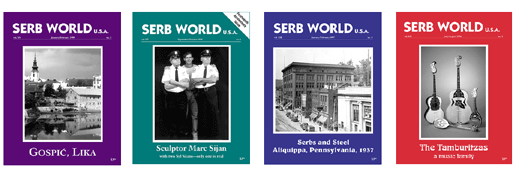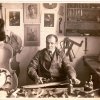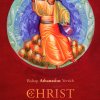About the Magazine Serb World U.S.A.

In the fall of 1984, the first issue of Serb World U.S.A.appeared in Tucson, Arizona, after the new company purchased the original Serb World. Today Serb World U.S.A.is a striking 64 pages of black-and-white design with one bright color used as accent. It is printed on fine paper and averages 3 illustrations per page. The majority of the photographs are rare—from private collections or archives. Every article is extensively researched. The contributors are from all walks of life and from every conceivable background.



